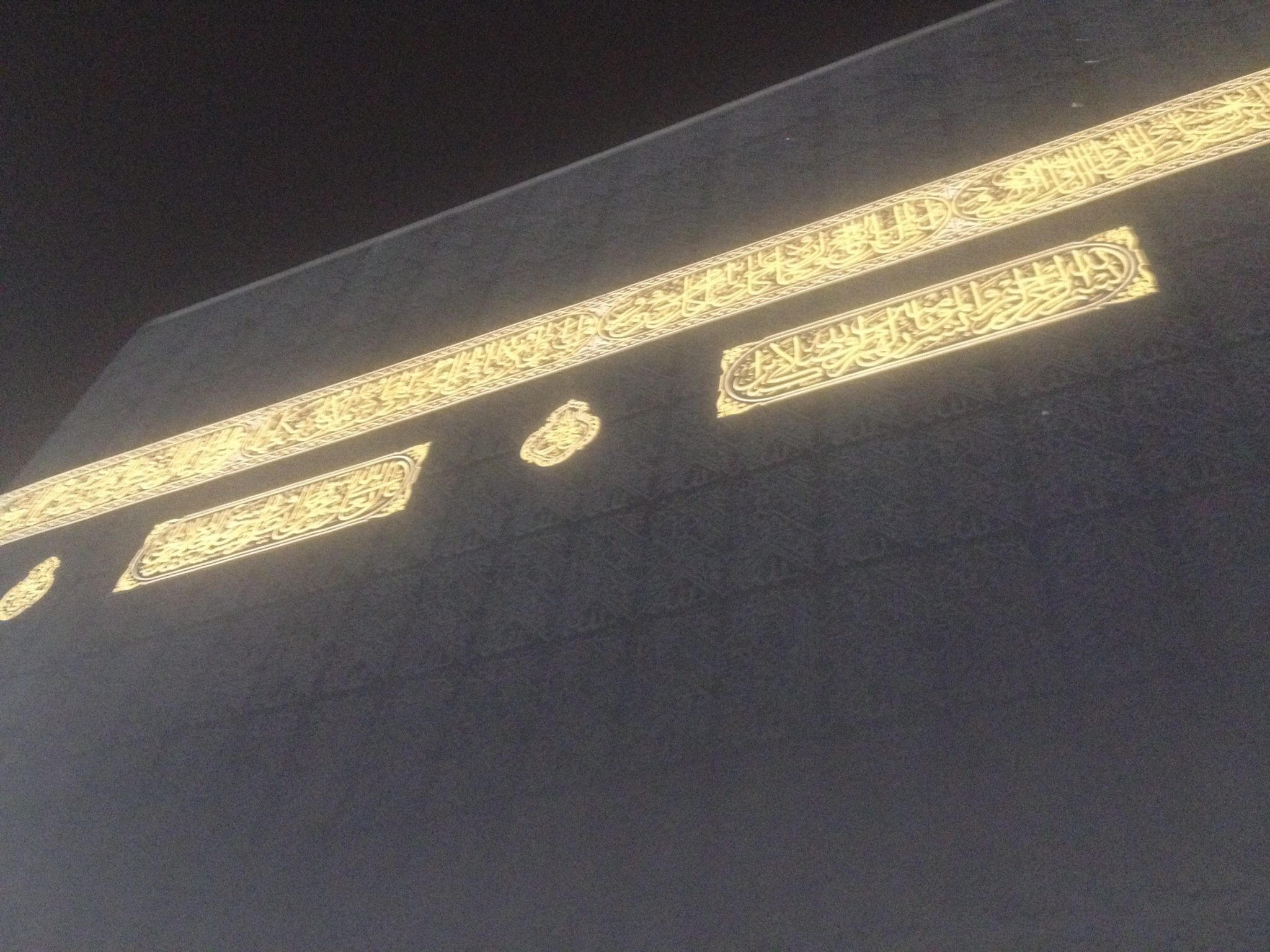The Historic Reality of Paganism in Arabia

Getting your Trinity Audio player ready... |
Introduction
Reconstructing the precise reality of the paganism as it existed in Arabia is a complicated task. What were its essential features? What exactly did the pagan Arabs actually believe about God, the afterlife, the idols? In the forthcoming volume (2) of Kitāb al-Tawḥeed by Professor Muḥammad ibn Abdullah al-Mas’ari these matters will be exhaustively addressed. Many indeed will be surprised to learn of the actual details concerning the pagan context into which the final revelation of Islam was sent.
Presented here is a translation of a chapter from Part 5 of Volume 2, entitled: The statement of the disbelieving Quraysh, ‘the angels are the daughters of Allah.’ Just as the Christians falsely attributed a son to Allah, the pre-Islamic Arabs attributed daughters to Allah. They claimed that they were the offspring from a union of Allah and the Jinn, thereby having some form of divinity in themselves.
It is of no small significance that the final revelation completely obliterates the falsity of these statements. But it also places into context what our current doctrine holds regarding non-human entities, in this case, the angels. Indeed, to deny their existence would constitute kufr (disbelief) – attributing them to Allah as offspring would be shirk (polytheism).
يَا أَيُّهَا الَّذِينَ آمَنُوا آمِنُوا بِاللَّهِ وَرَسُولِهِ وَالْكِتَابِ الَّذِي نَزَّلَ عَلَىٰ رَسُولِهِ وَالْكِتَابِ الَّذِي أَنزَلَ مِن قَبْلُ ۚ وَمَن يَكْفُرْ بِاللَّهِ وَمَلَائِكَتِهِ وَكُتُبِهِ وَرُسُلِهِ وَالْيَوْمِ الْآخِرِ فَقَدْ ضَلَّ ضَلَالًا بَعِيدًا
O you who believe, believe in Allah and His Messenger and in the Scripture He sent down to His Messenger, as well as what He sent down before. Anyone who does not believe in Allah, His angels, His Scriptures, His messengers, and the Last Day has gone far, far astray. [4: 136]
The statement of the disbelieving Quraysh, ‘the angels are the daughters of Allah’
Cited in the Tafsir of Mujāhid with a Ṣaḥīḥ isnād dazzlingly resolute to Mujāhid:[1]
From Mujāhid concerning his statement: And they imagine kinship between him and the Jinn:[2]The disbelievers of the Quraysh said: ‘The angels are the daughters of Allah, the exalted and majestic.’ Abu Bakr al-Ṣadiq, may Allah be pleased with him said: ‘So who are their mothers?’ They said in reply: ‘The esteemed daughters of the Jinn.’ Allah the majestic thus stated: Whereas the Jinn well know they will be brought before (Him).[3] Saying: ‘Brought forth to account (for saying that the) female Jinnare angels.’[4]
With this being mursalfrom Abu Bakr, may Allah be pleased with him. It is a confirmation of what they say: ‘The angels are the daughters of Allah, the exalted and majestic,’with the additional clarificatory point of what their supposed ‘mothers’ are, the unsubstantiated claim that these ‘holy daughters’ are considered as ‘The esteemed daughters of the Jinn.’

The female idol ‘al-Lat’
As it is cited in the Tafsir of Ibn Abi Ḥātim:[5]
From Muḥammad ibn Uthmān al-Makhrami that the Quraysh said: They had judged for every man (of theirs) a man, of the companions of Muḥammad, had taken him (for Islam). So they assigned Abu Bakr may Allah be pleased with him, as he came to Ṭalḥa while he was among his people. So, Abu Bakr, may Allah be pleased with him, said: ‘What are you calling me to?’ Ṭalḥa said: ‘I invite you to the worship of al-Lāt and al-‘Uzza!’ Abu Bakr, may Allah be pleased with him, said: ‘What is al-Lāt?’ He said: Our lord. He said, ‘And al-‘Uzza?’ He replied, ‘Daughters of Allah.’ Abu Bakr, may Allah be pleased with him, said: ‘And who are their mothers?’ Ṭalḥa became silent, he didn’t answer. Ṭalḥa said to his companions: ‘Answer the man,’ but the people were silent. So Ṭalḥa said: ‘Arise, O Abu Bakr, I bear witness that there is no deity but Allah and that Muḥammadis the Messenger of Allah.’ Thus, Allah revealed the verse: And whoever turns himself away from the remembrance of al-Raḥman, We appoint for him a Shayṭān, so he becomes his associate.[6]
Further citations of this may be found in al-Durr al-Manthur,[7]in chapters on the circumstances of revelation, by al-Suyuṭi,[8]and in the Tafsiral-Muneerof al-Zuḥayli,[9]as well as others. Likewise in this version, cited without an isnād: al-Makhrami, but rather it is al-Makhzumi, and this is from the copyist, and Muḥammad ibn Uthmān, this is an illusion or an old manuscript from Ibn Abi Ḥātim or his Sheikh.
[To continue reading, download here]
Tawheed-Vol-2-Part-5-chapter-2.pdf (569 downloads )Endnotes
[1]Tafsir Mujāhid Vol. 3, p. 460, no. 1419
[3]Ibid, the latter portion of the verse
[4]Although not mentioned in the original text here as it is outlined in full in an earlier chapter, the isnād for this is: Abdur-Raḥman reported to us he said Ibrāhim narrated to us he said Adam narrated to us he said Waraqā’ narrated to us from Ibn Abi Najiḥ’ from Mujāhid. Similar appears in the Tafsir of al-Ṭabari, with a variance of wording at the end:Muḥammad ibn ‘Amr narrated to me he said Abu Aāṣim narrated to us he said Esa narrated to us; and al-Ḥārith narrated to me he said al-Ḥasan narrated to me he said Waraqā’ narrated to us, all of them (narrating) from Ibn Abi Najiḥ’ from Mujāhid: And they imagine kinship between him and the Jinn [37: 158]; he (Mujāhid) said: The disbelievers of the Quraysh said: ‘The angels are the daughters of Allah.’ Hence Abu Bakr asked: ‘Who are their mothers?’ They (the Quraysh) replied: ‘The esteemed daughters of the Jinn.’ They considered that they were created from the same (essence) as what Iblis was created from.
[5]Tafsir Ibn Abi Ḥātim Vol. 10, p. 3283, no. 18505
[7]al-Durr al-Manthur, Vol. 7, p. 377




